March 13, 2019
We need to change the terms of the open plan office debate
 New workplace data from the Gensler Research Institute claims to challenge the current narrative surrounding the open plan office ‘debate’ and uncovers the right way to invest in work-focused amenities, including coworking, that result in higher employee engagement, business performance and profit. The 2019 Gensler US Workplace Survey includes the input from more than 6,000 US office workers across a variety of industries and demographics to provide new insight into not only what makes an effective workplace, but the investments companies can make to improve employees’ workplace experience and performance. Reports for the UK, Germany, Latin America and Asia are also available here.
New workplace data from the Gensler Research Institute claims to challenge the current narrative surrounding the open plan office ‘debate’ and uncovers the right way to invest in work-focused amenities, including coworking, that result in higher employee engagement, business performance and profit. The 2019 Gensler US Workplace Survey includes the input from more than 6,000 US office workers across a variety of industries and demographics to provide new insight into not only what makes an effective workplace, but the investments companies can make to improve employees’ workplace experience and performance. Reports for the UK, Germany, Latin America and Asia are also available here.






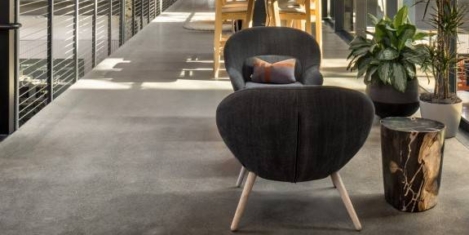


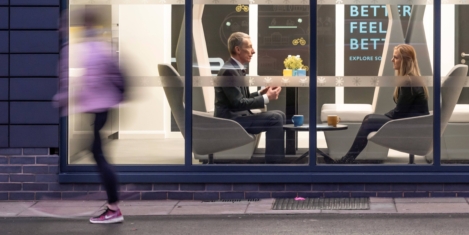
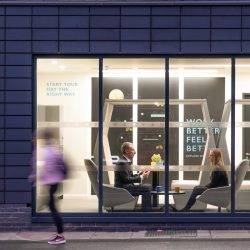
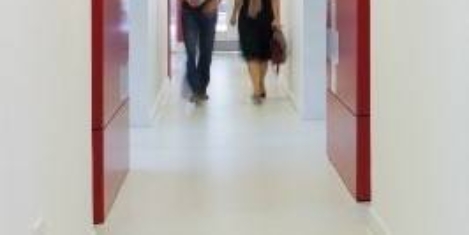

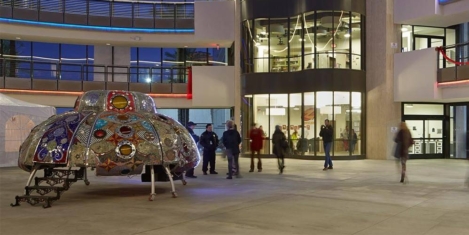
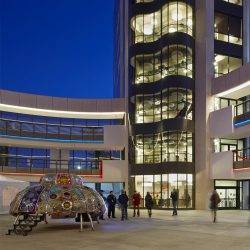








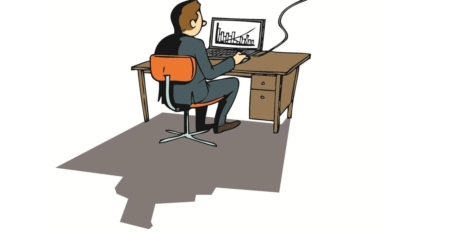












February 17, 2019
Landlords must respond in new ways to the changing world of work
by Ben Gillam • Comment, Technology, Workplace design